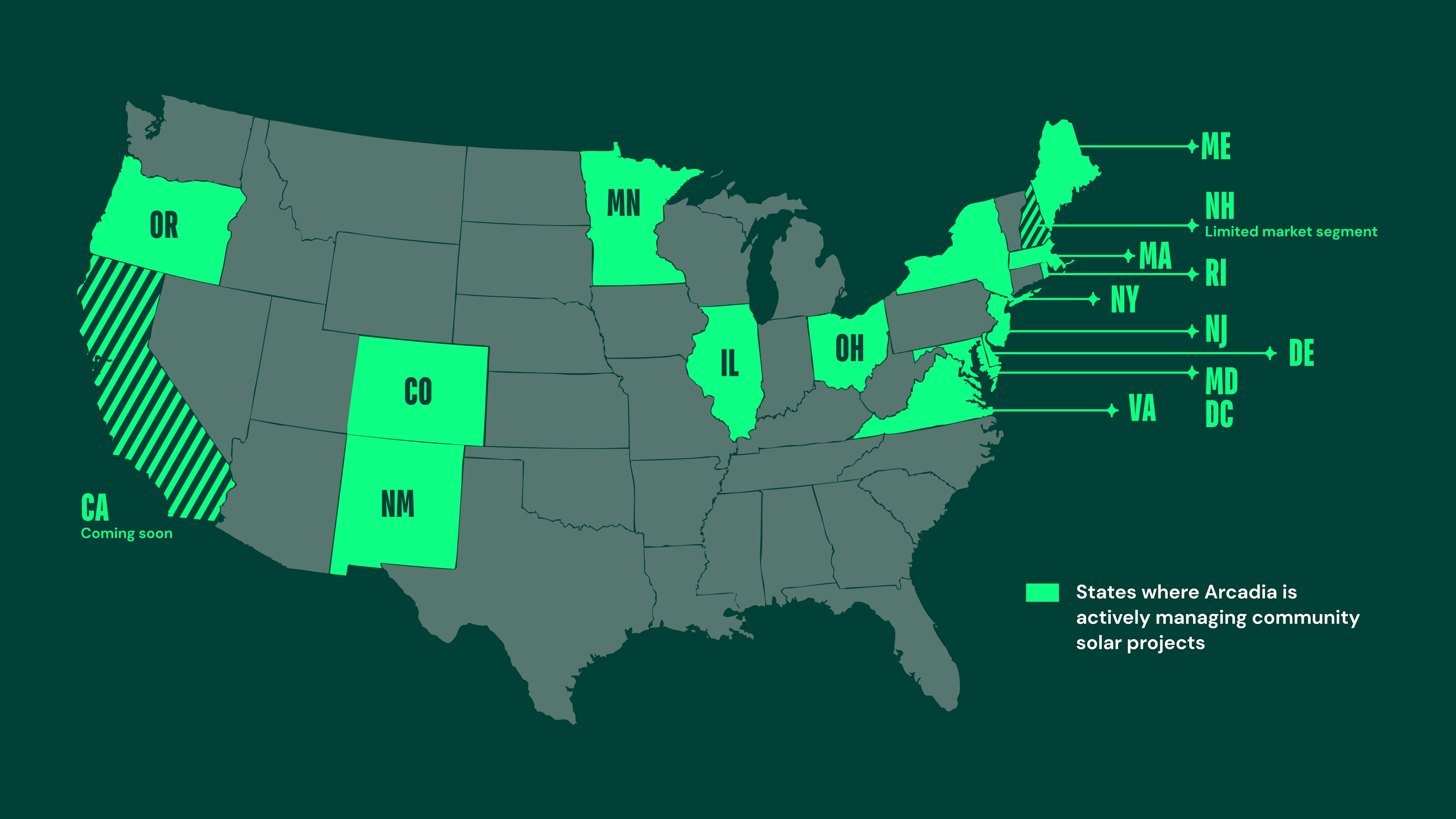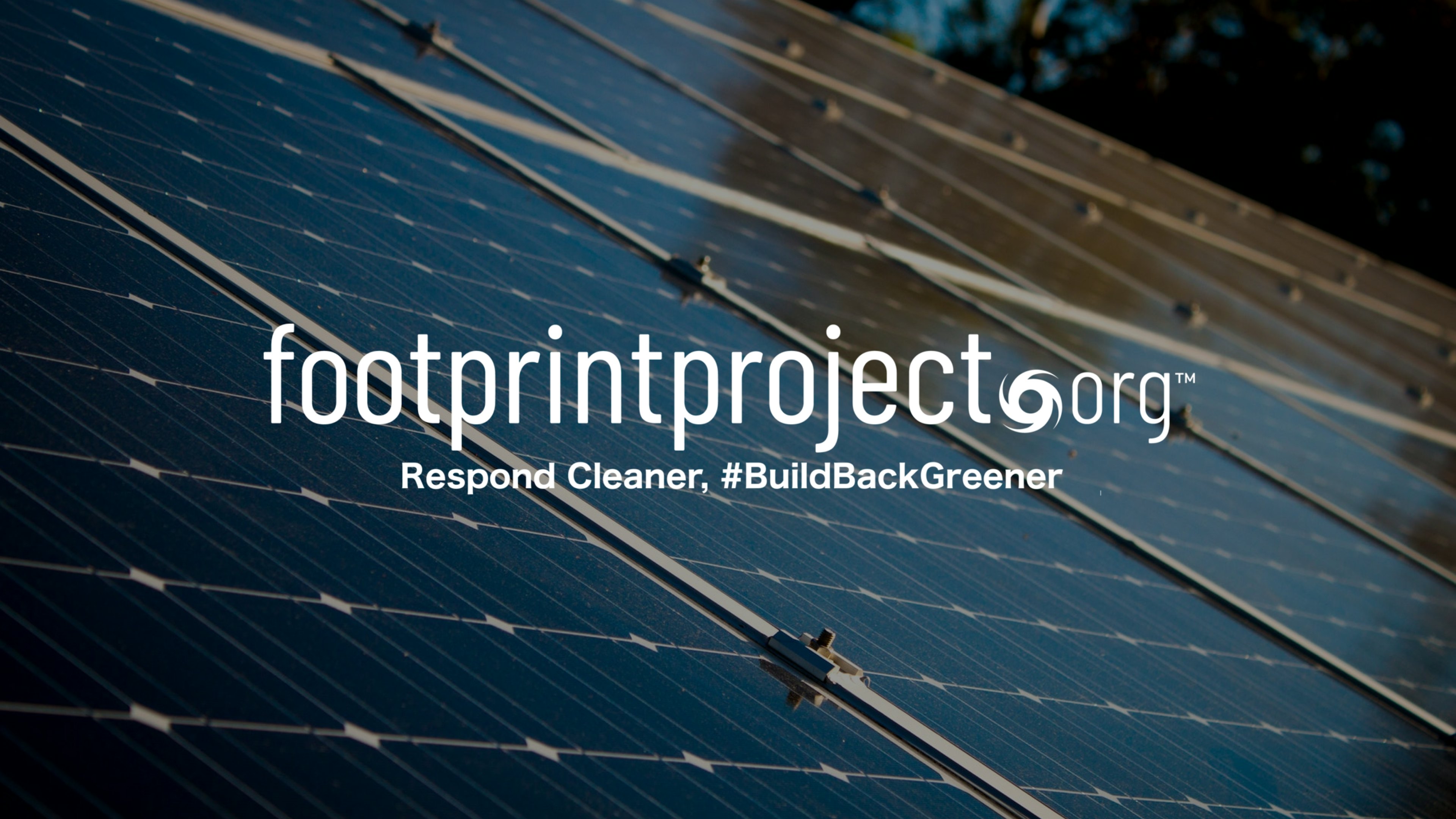The Economic and Environmental Benefits of Paying Your Bills Online
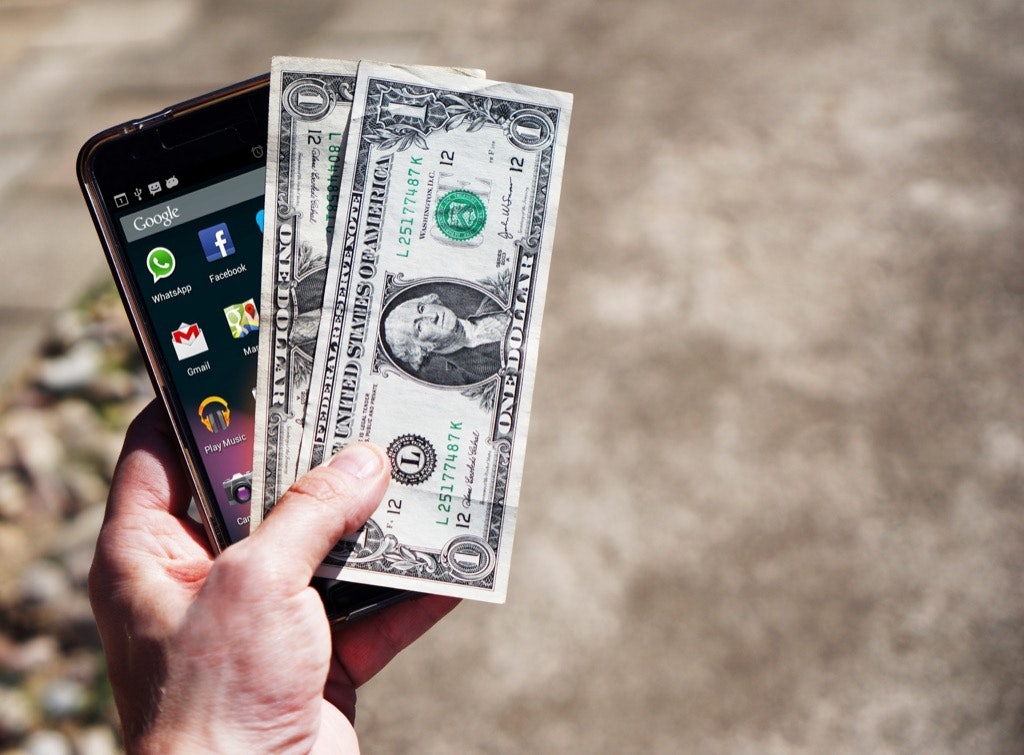
Companies send out vast amounts of paper each month to collect various payments. Customers send back even larger amounts of paper to pay those bills. Most of this printing and mailing isn’t necessary.
You can save a little money and reduce your impact on the environment by paying bills electronically. Paying online saves time, money, and environmental costs. It helps move companies toward a conservationist mindset when the demand is high.
How to Do It:
Signing up to pay bills online should be easy enough. Every company that sends you a bill most likely offers the opportunity to receive and pay bills electronically. Check your customer account to see if electronic billing and bill pay are available.
For maximum convenience and maximum environmental benefit, go paperless as often as possible. Check to see if the companies you owe money to take electronic payments.
For example, your:
- Cable company
- Bank or mortgage lender
- Mobile phone company
- Internet service provider
- Home phone provider
- Electric company
- Car and home or renter’s insurance company.
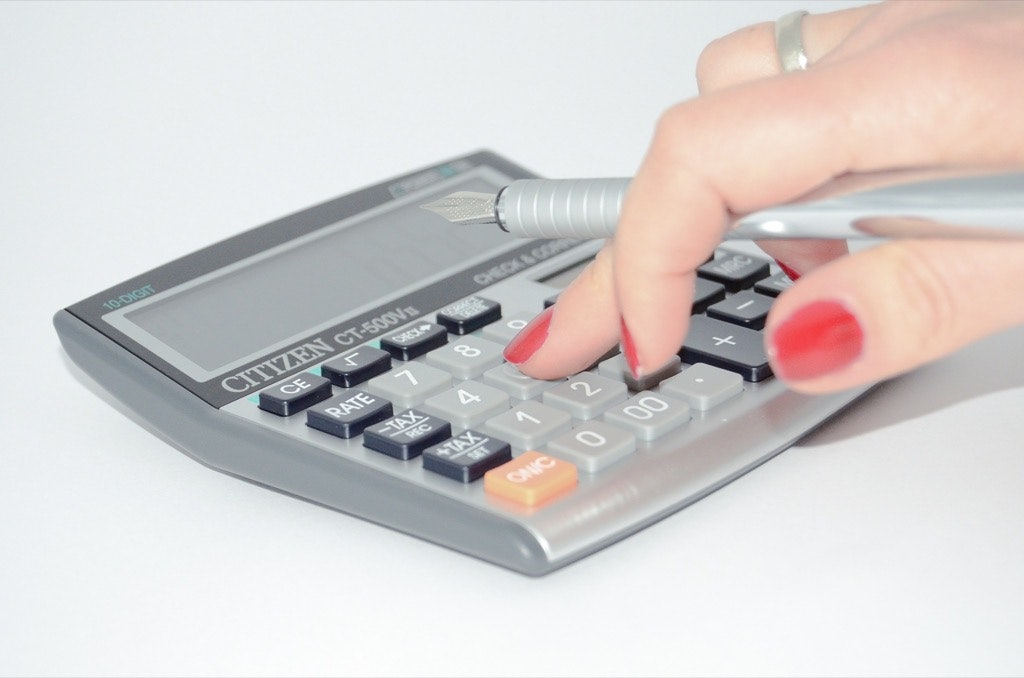
Your paper statement may describe how to go paperless with said company. You may, however, need to add an email address and create a password to establish your electronic bill pay account. Check your bank’s website to see if you can get your statements sent electronically.
Companies may be charging a small fee to get these paper documents to you. They might end up paying $1.25 a month to give you a paper bill, and you then mailing a check. If so, here is a way to save a little money each year and reduce your impact on the environment.
Most utilities make it easy to create an account so you can pay your bill online. You may be able to speed up the bill paying process by adding payment information, like a checking account. You may also be able to save time by setting up automatic payments. If your bill is the same every month, as with a cable bill, just schedule the money to be deducted from your account on the due date every month. You can also sign up for to get electronic bills and statements.
Economic Benefits to Companies:
An article in GreenBiz about the business benefits of electronic billing makes a good case for both consumers and businesses to adopt the practice. A company that sends out 500,000 paper bills a month at a cost of, for example, $0.05 each saves $25,000 a month by having everyone receive and pay bills electronically.
Many companies offer e-billing because customers expect it. They consider the cost savings to be the main justification for using e-bills instead of sending out paper statements. Survey data suggests that many consumers expect an e-billing option. Some consumers will select a service provider, or switch providers, just to have electronic billing. This fact contributes to the business case for companies to go paperless.
Economic Benefits to Consumers:
There is an economic benefit for consumers, of course. Customers buy fewer stamps, envelopes, and waste less time paying online.
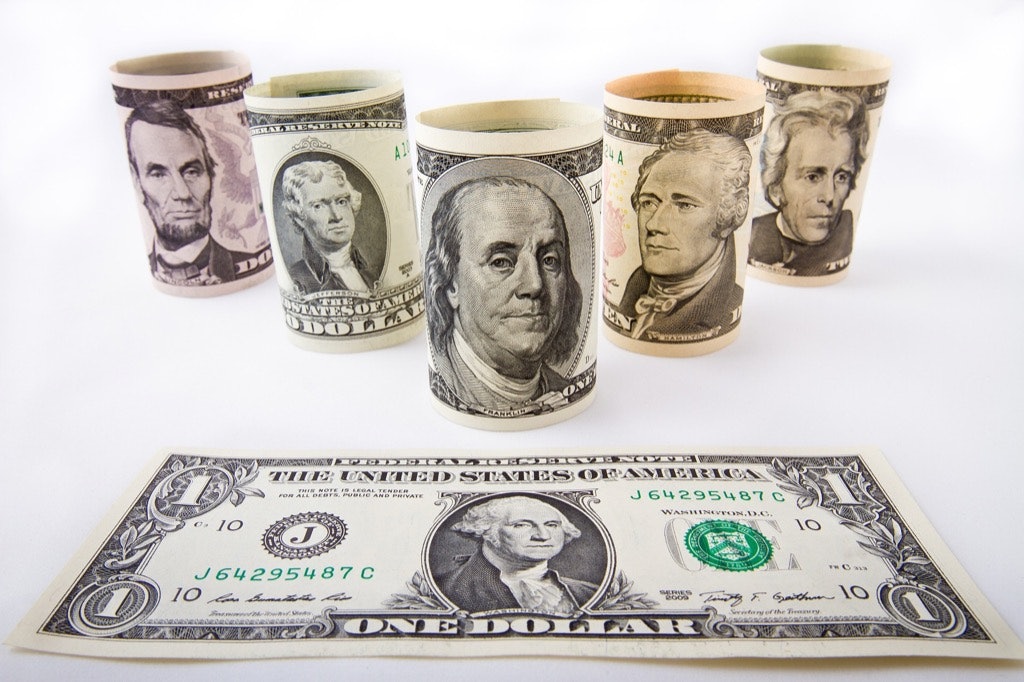
The Environmental Argument:
GreenBiz points out that the average household can save 6.6 pounds of paper and 171 pounds of greenhouse gas emissions by simply going with e-billing.
The resources used to mail a bill to a utility company might seem trivial. By paying bills electronically you prevent about one pound of envelopes and printed bills from being created.
Add that up across sixty or seventy million households, and that’s 120 million gallons of fuel not burned to ship paper here and there. It also means millions of pounds of paper goods are never produced and distributed.
Paper waste has to be recycled but it often is not. Much of the paper from the cable company and the power company ends up in landfills. Even if the paper does get recycled, this is less of a benefit to the environment than simply not making the paper in the first place.
Be Part of a Movement:
Consumers are taking many diverse steps to reduce their ecological footprint. There is a worldwide trend toward dematerialization of the economy. People used to buy records, then cassettes, then CDs. Now, people often download electronic files to their MP3 players, laptops, or phones. At each step, the process of distributing music consumers fewer resources and less energy.
Electronic billing is a part of the same trend toward replacing physical things with electronic communications. The papers and envelopes consume resources. Shipping the billing statements and return envelopes around burns energy. The communication infrastructure exists, so why not use it wherever possible? In short, paying your bills online is a straightforward way to reduce your household’s ecological footprint.

